News
Fulani ready for jihad over grazing bill
Published
10 years agoon
By
Olu Emmanuel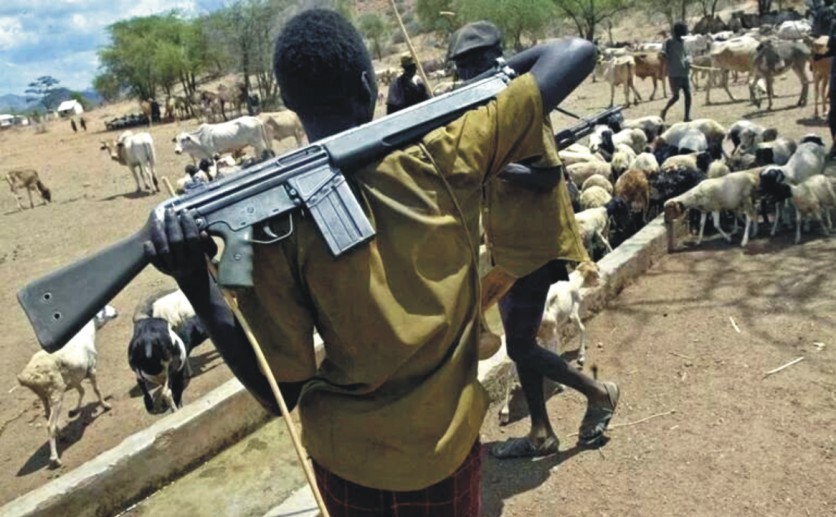
By ALEX OLISE
THE militant cells of the Fulani herdsmen are already emplacing weapons around the nation as the Bakassi Boys and the Agbekoya Farmers Association prepare for showdown over the National Grazing Bill the federal government is proposing.
But the Miyetti Cattle Breeders Association of Nigeria, a Fulani socio-cultural group,is playing the martyr in the widespread killings, raping, and kidnappings pinned on the 16 million nomads in Nigeria.
Three of the herdsmen the police arrested for killing 10 people in the Ndokwa West of Delta last week revealed how they now ship arms along with truckloads of cows heading for different parts of the nation.
About 92 herdsmen loaded into two trucks packed with a Pump-action Machine Gun, 19 Dane guns, and 116 cartridges were earlier busted at two separate checkpoints in Abuja recently.
According to the Ndokwa suspects, the arms successfully moved acrosswill then be kept with their tribesmen living within the host communities where the weapons make for easy draw as soon as the herdsmen have reasons to fight, especially when it has to do with their cows.
ALSO SEE: Bakassi Boys regroup for Fulani mafia
And with these arms stockpiles, the Fulani herdsmen have been able to keep up kidnap for ransom, pull off reprisals, sack villages, and commit other crimes most especially in Benue, Plateau, Kaduna, and now in the south.
The Fulani leaders, however, insistyou cannot just tar the 30 million Fulanis in Nigeria with that brush of criminality. “These are things that are perpetrated by criminals but, surprisingly, everybody is blaming the Fulani herdsmen,” Baba Othman Ngelzarma, the national secretary of MACBAN, said Thursday in a Channels interview. “So we are now victims and culprits at the same time,”
There have been no fewer than 710 people that have fallen victim — actually diedin the Fulani herdsmen attacks in the last 10 months, according to the Igbo Youth Movement statement released in April after the Nimbo, Enugu, incident where over 40 people were killed. More than 300 people were killed in a reprisal by the herdsmen in the Agatu community of Benue few weeks earlier.
The Enugu killing made it the sixth signature bloodbath in 2016 carried out by Fulanis suspected to be herdsmen. This was also a revenge mission after, according to the police, the Indigenous People Of Biafra lynched five Fulanis in the state.
The year 2014 recorded the highest casualties of Fulani herdsmen’s attacks so far—1299, according to the Global Terrorism Index, the body that tracks terrorism casualties around the world.
ALSO SEE: Fulani herdsmen: Terrorists or land grabbers?
The GTI ranked Nigeria the world’s third most terrorised country then, after matching up Boko Haram’s violence with the Fulani noiseless killings and kidnappings, especially of women and children.
“The Fulani militants, together with terror group Boko Haram, were responsible for more than 7,000 deaths that occurred in Nigeria in 2014,” the GTI 2014 report stated.
Another body, Muslim Against Terror, has equally squared the two groups with each other, and has called the federal government to mark down the herdsman.“We urge the government of Nigeria to condemn these wanton acts firmly and declare the perpetrators terrorists and an insurgency, according to the law and deal with them with the full power of the military,” the MAT said.
Boko Haram and the killer herdsmen share a lot together in their profiling. The National Daily has reported how the fragments of the degraded terrorist group have infiltrated the pastoralist communities, selling rustled cows to raise funds, and unleashing terror as they go.
Borno’s government and others in the northeast had to move in to regulate cattle business in the region—firming up all the vulnerabilities the terrorists were exploiting in buying and selling of cattle.
Apart from their violence, the modus operandi of both Boko Haram and the herdsmen are similar: killing women and children, active shooting, torching plantations—all in a hit-and-run fashion. Their attacks are usually launched at predawn, mostly with AK-47s and machetes.
Ngelzarma, however, said the guns are for fending off cattle rustlers and extortioners. “If you see a Fulani man handling AK-47, that’s because cattle rustling has become so much that one wonders if there’s security in the country,” he said.
ALSO SEE: The Murder of the Fulani: Yugoslavia Unfolding
It wasn’t exactly self-help as the cattle breeders want Nigerians to believe. According to security reports, the Fulani fighters that saw action in Libya and Maliare trading weapons in Niger and Chad border towns—where the herdsmen get supply to arm themselves.
But many Nigerians faced with the challenge of securing themselves have yet to start hugging AK-47s around their business premises as the herdsmen did. It was just two weeks ago when President Muhammadu Buhari criminalised it the police suddenly realised herdsmen carrying undocumented arms are on the wrong side of the law.
“Police cannot issue firearms licence to herdsmen,” Force Headquarters said last week. “There are procedures to obtain firearms licence; if you don’t meet the procedure, you will not be granted the approval to possess ones”
As for ideology, the burgeoning nomadic terrorism has a facade of resource struggle.The grazing zones and routes, over 20 million hectares, mapped out for the herdsmen in the 70s and 80s by the Land Use Act and National Agriculture Policy have been encroached on by farmers and desertification.
“What we have today is less than three million hectares, including 415 grazing reserves of which only 141 were gazetted,” said Ngelzarma,
These scanty grazing lots have now become flashpoints where farmers and nomads clash regularly in certain states, including Benue and Plateau.
MACBAN, actually, said there’s no rhyme or reason for those herdsmen to have massacred the Agatu community in Benue, and to have attacked Nimbo in Enugu. “We must confess we have criminals among the Fulani just like any other communities in Nigeria,” the group’s secretary agreed. “You are talking about 30 million people and 16 million cattle-rearing families. If you go to the prison, you will see that the Fulani are more in number.”
Many Nigerians, especially militia groups like the Bakassi Boys and Agbekoya, are already flexing muscle. They are planning to tackle the Fulani herdsmen and rout them back up north, especially from the south.
That’s not going to happen, thoughfor unity’s sake. “This situation is not pleasing to anybody but the federal government is desirous to achieve a peaceful, strong and united nation.” Science and Technology Minister Ogbonnaya Onu told APC southeast May 1.
The Fulani chiefs (ardoen) are stamping their feet, too. They believe the good ones among the Fulaniand their 30 million cows and 150 million sheep and goats, according to MACBAN—have their rights.“The Constitution of the Federal Republic of Nigeria guarantees freedom of movement for every citizen of the country,” the group said. “This includes the right to live, work and carry out any legitimate activity in any part of the country.”
MACBAN’s grand patron, Sultan of Sokoto Abubakar Sa’ad, also didn’t like how these southern militias are giving the Fulani a bad name.“It is indeed absurd and most unfortunate that certain groups or people ascribe the incidence on ethnic and/or religious premise and to whimsically apportion blame in order to batter the gradual restoration of peace and security in Nigeria,” said Jama’atu Nasril Islam in a statement credited to him.
They have reason to protest after all. MACBAN has been a darling of sorts to all presidential candidates in Nigeria. The PDP and APC ogle the herdsmen’s block vote every election year, promising the pastoralist plenty of green for their herds and all. The herders were split between former President Goodluck Jonathan and candidate Buhari, a Fulani, too, last year:
Miyetti Allah Hore endorsed Jonathan while MACBAN spurned the PDP candidate.
The group’s electoral value is the reason every government has been dovish in addressing the herdsmen’s violence. While their atrocities escalated in 2014, the C-in-C then didn’t really order a crackdown like Buhari just did. Jonathan was only setting up committees and investigative panels in Benue and Plateau.
ALSO SEE: Yoruba ready for war with Fulani – Fasheun
None of the panel reports has ever worked, And the grazing reserves bill Buhari is proposing may also go down like a lead balloon. Oyo, Ondo, Enugu, and many other southern states are not comfortable with it. They fear domination, and prefer establishment of cattle ranches.
Opinion polls are also in favour of ranching. But how the sedentary lifestyle of ranching can tame the wanderlust of the Fulani will be a challenge. They might resist, some believe, going by history.
And tribalists in the opposition have been making much of the Othman Dan Fodiyo jihad that established the Fulani hegemony in the north in 1804. The conspiracy theorists are already connecting the dots again as the herdsmen move caches of weapons around the country.
“The Nigerian Janjaweed are on a roll and they are determined to conquer new lands for the Caliphate,” Femi Fani-Kayode, a critic of the Buhari government, wrote in an article entitled The Road to Kigali. “Worse still they have the covert backing and unofficial endorsement of the state.”
But the state backing guess might not be easy for Fani-Kayode and others to prove now that Buhari has mobilised state forces against his tribesmen.
You may like
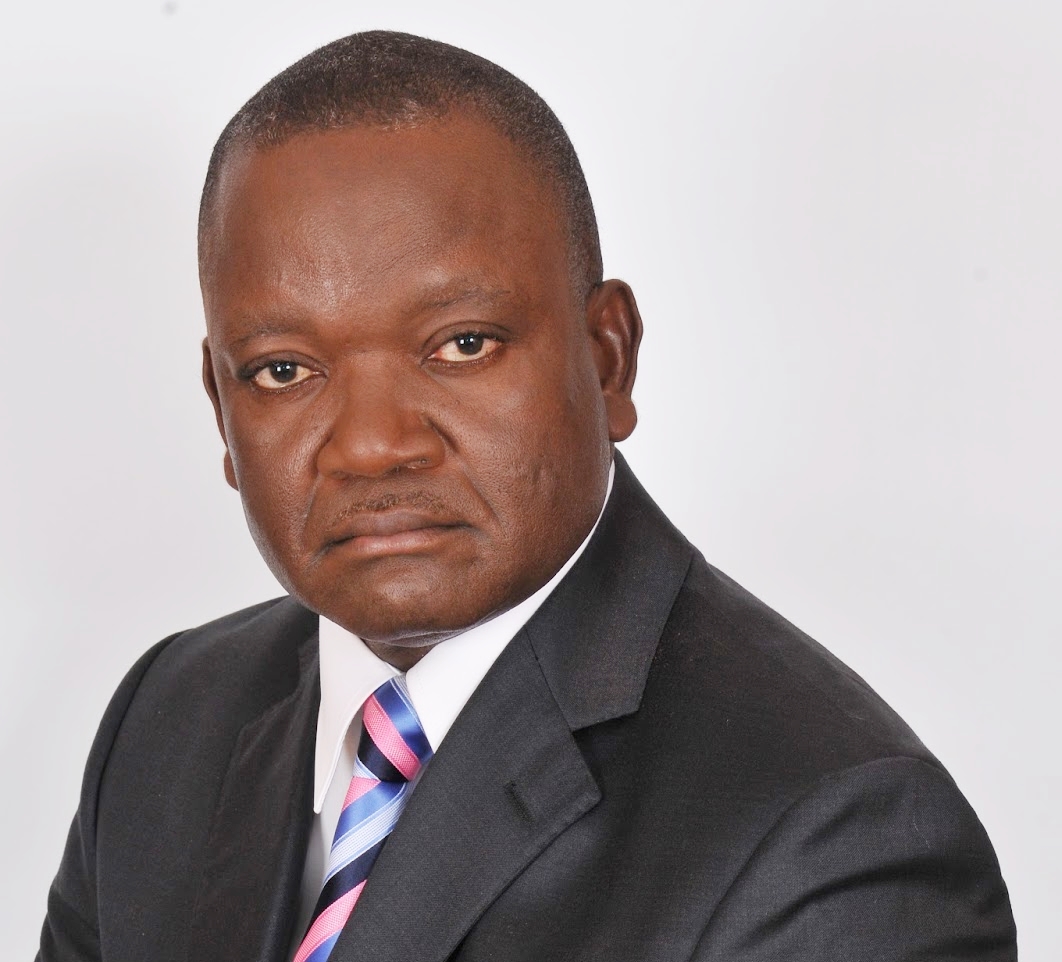

Ortom signs amended grazing bill into law
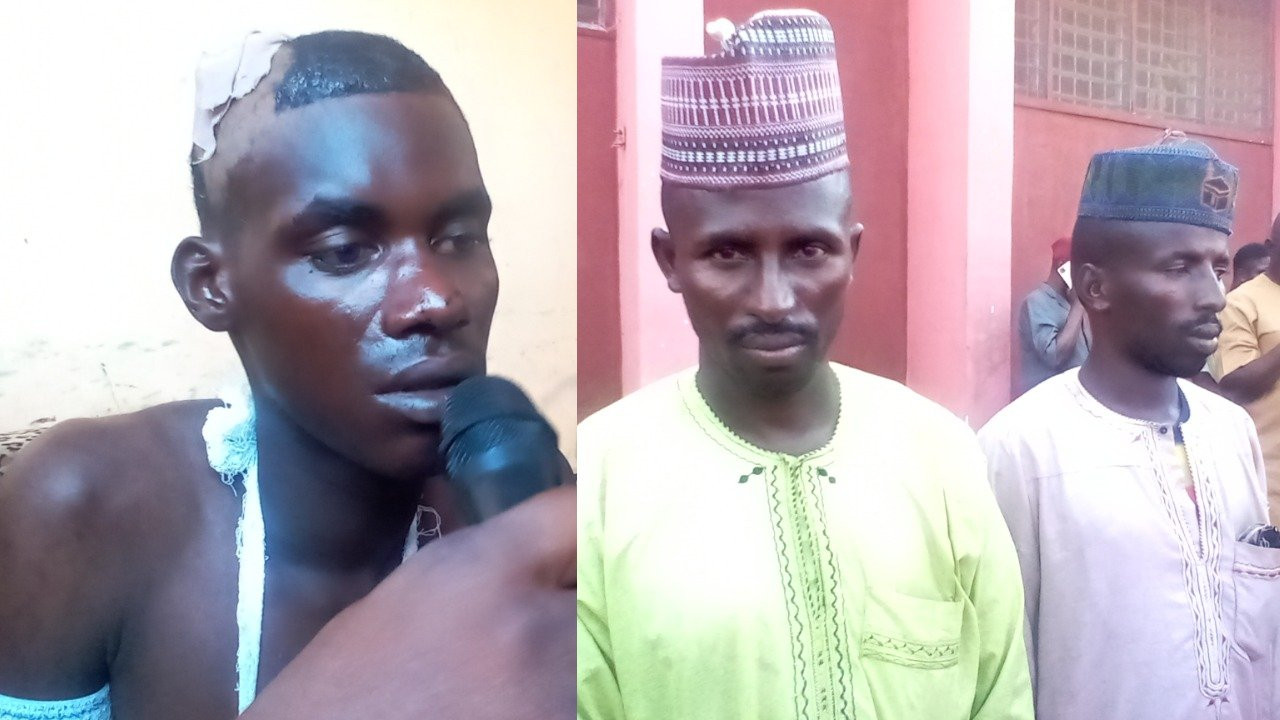

Amotekun rescues two Fulani herdsmen abducted by fellow herdsmen in Ondo, arrests one suspect
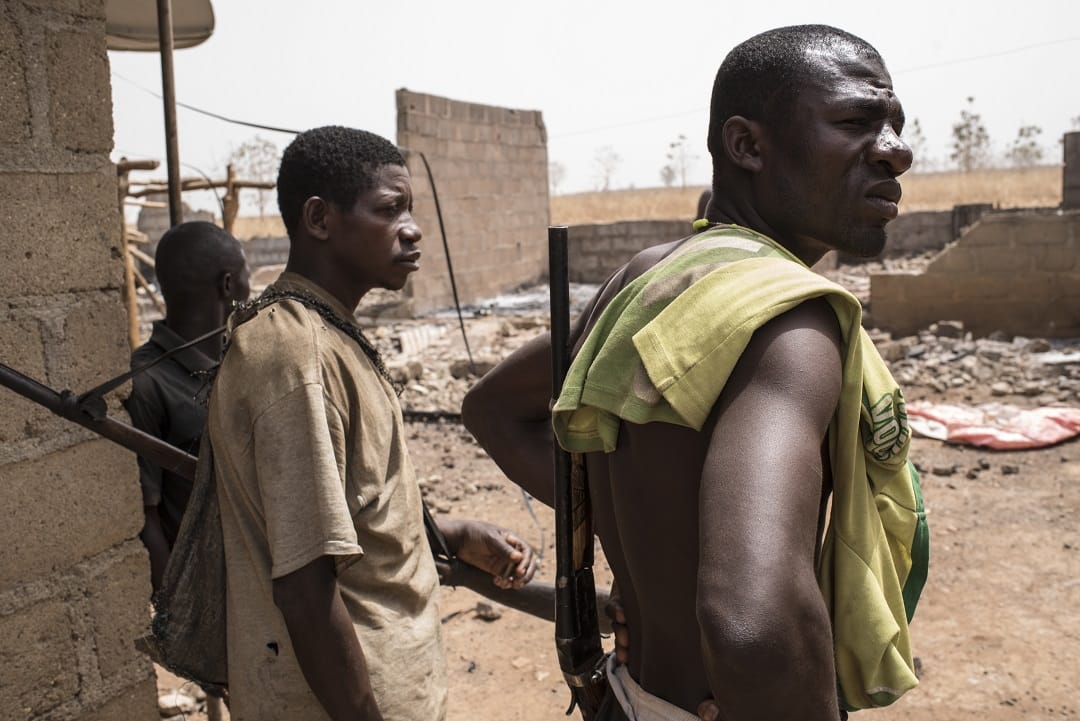

Killer herdsmen go haywire in Enugu, 4 dead, several injured
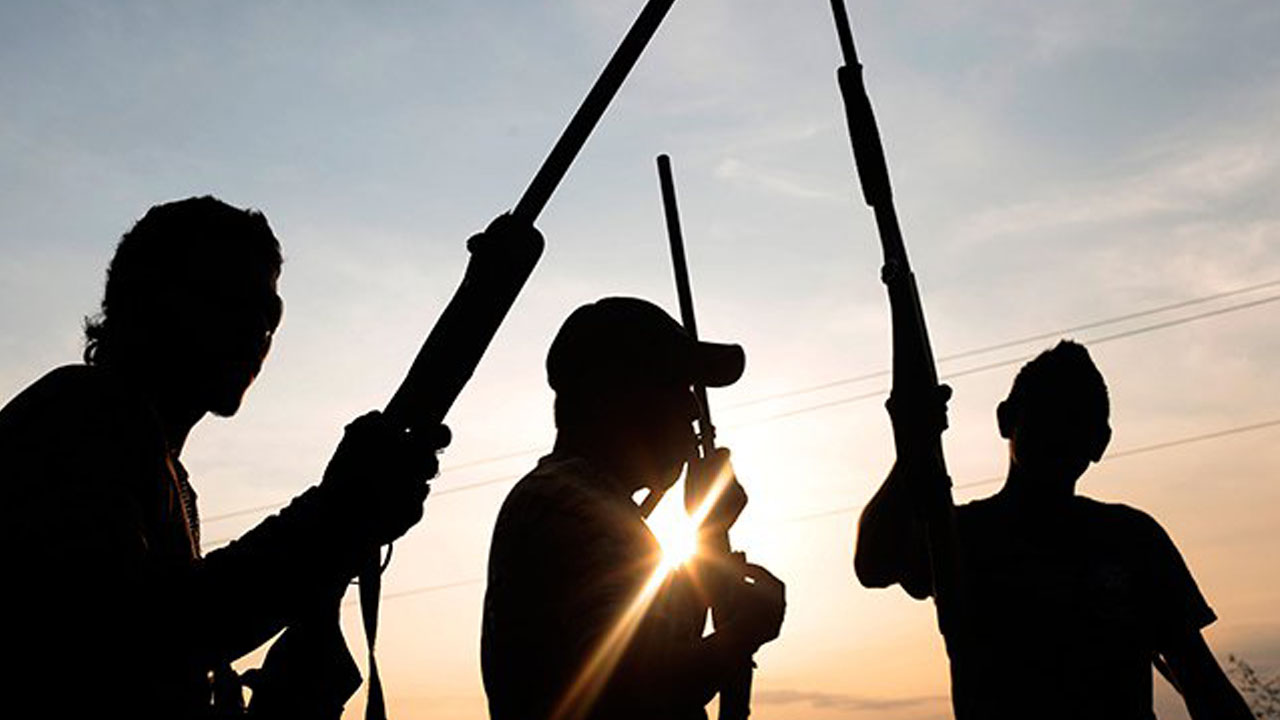

Language that bandits understand
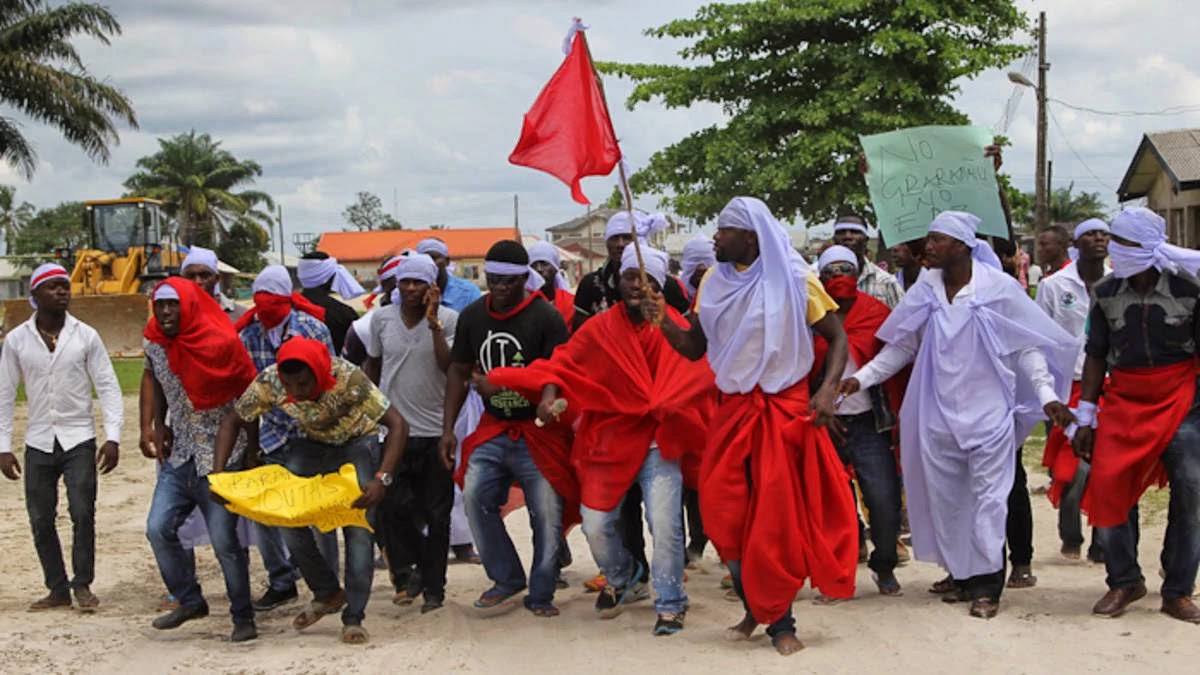

Anambra speaks on return of Bakassi Boys
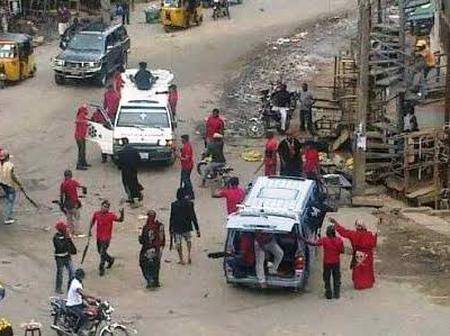

Bakassi Boys resurface, warn ESN, IPOB, others
Trending

 Health5 days ago
Health5 days agoDeclassified CIA memo explored concealing mind-control drugs in vaccines

 Entertainment7 days ago
Entertainment7 days agoSimi addresses resurfaced 2012 tweets amid online backlash

 Crime6 days ago
Crime6 days agoSenior police officers faces retirement after Disu’s appointment as acting IGP

 Education1 week ago
Education1 week agoPeter Obi urges JAMB to address registration challenges ahead of exams

 Health1 week ago
Health1 week agoNAFDAC issues alert on suspected revalidated SMA Gold infant formula

 Comments and Issues6 days ago
Comments and Issues6 days ago20 Critical Fixes to Save Nigeria’s Democracy from Electoral Fraud

 Football7 days ago
Football7 days agoMartínez ruled out of Everton clash with calf injury

 Latest6 days ago
Latest6 days agoICPC yet to respond to El-Rufai’s bail request as arraignment date looms

